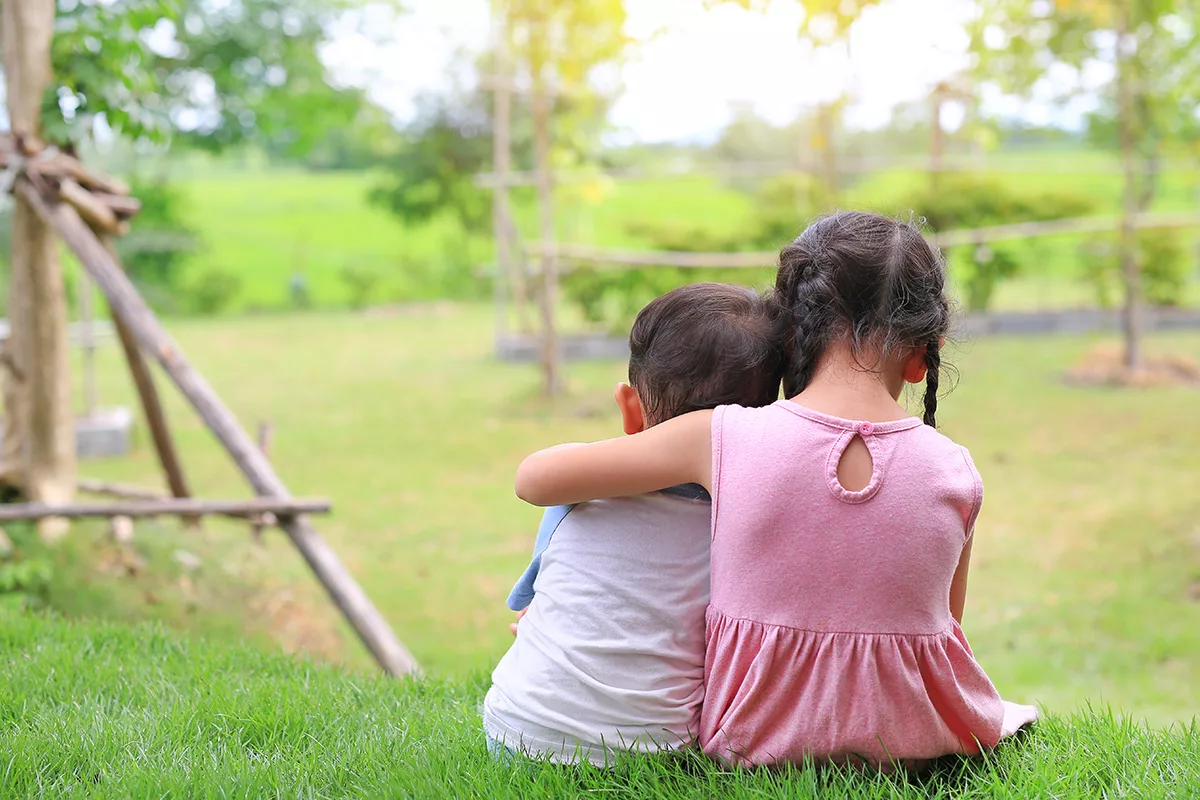When parents separate, issues in respect of the future arrangements for care of children can be some of the most problematic to resolve. Difficulties in the parents’ relationship and differences of opinion about parenting styles can bubble over into protracted and acrimonious court battles over where the children should live and how much time they should spend with each parent. An additional factor in these disputes is that the parents must continue to get on with the day-to-day business of bringing up the children long after the court proceedings are over and the lawyers and judges have moved on to other cases. Those practicing in the field have long tried to grapple with how to deal with such cases in a way that allows parents to get on with being parents after their day in court, and to minimise the possibility of the matter returning to court due to unresolved issues or non-compliance with the final order.
The Children and Families Act 2014 introduced the presumption that, unless the contrary is shown, the continued involvement of a parent in a child’s life will be beneficial to that child*. The definition of ‘involvement’ is broad: it could be through direct or indirect contact, and the Act does not specify any particular division of the child’s time**. It is not always suitable for a parent to have continued involvement in a child’s life (for example when there is serious and continuing abuse), but in most cases a method can be found that would facilitate a parent having some sort of relationship with their child, even if this is just through indirect methods such as phone calls or letters.
The change in the law brought in by the Children and Families Act 2014 clearly tries to encourage continued parental involvement in a child’s life, but it is important to differentiate this from there being a presumption of shared care. Shared care is the term used when there is an order that the children live with both parents, even though those parents live separately. The label of ‘shared care’ is essentially of semantic importance, as a parent with parental responsibility for a child but without the benefit of a ‘live with’ order would not lose their right to play an important role in a child’s life. However, the label can make a big difference to how parents view their role in a child’s life and can help to reinforce the point that both parents play an equally important role in the upbringing of a child. There has been a steady move by the courts in recent years to order shared care in the majority of cases where both parents are willing and able to care for the child, and there are no significant welfare or abuse issues that would make this unsuitable.
However, it is important to make a further distinction at this point between shared care and an equal division of a child’s time between parents. This is a point that many parents in proceedings struggle with. Simply because a shared care order is made providing that the child live with both parents, it by no means automatically follows that the child’s time will be divided equally between the parents; it may well be in the child’s best interests to spend more time with one parent so as to enable a stable school, family and social life. The exact arrangements will depend on the circumstances of the case and courts will not order an equal division of a child’s time solely for a parent’s benefit.
The recent Court of Appeal case of L v F^ highlights the problems faced by parents, judges and family law practitioners when dealing with disputes regarding where a child should live and how much time the child should spend with each parent. This case involved an application by the mother to relocate with her child to Italy or, failing that, for the court to order that the child live with her and spend time with the father for five days a fortnight and half the school holidays. The judge at first instance made an order that the child should stay in England and live with both parents (a shared care order), with the child’s time divided equally between the parents. The mother appealed this decision and the High Court found in her favour. The father appealed this decision and the Court of Appeal reversed the High Court decision and reinstated the original order. In doing so, the Court of Appeal sought to give some guidance about shared care, amongst other issues. The judgment confirmed that shared care can be appropriate even in situations where the parental relationship is bad and there is a failure to communicate effectively between the parents. Furthermore, although an equal division of time does not follow from a shared care arrangement, this case confirms that equal shared care can be a suitable method to neutralise the possibility of one parent seeking to get the upper hand over the other and assert control over the situation, inevitably to the detriment of the child. The welfare of the child is always the court’s paramount concern in these cases, but this cannot be assessed properly without considering the relationship between the parents. The court in this case did not prescribe a presumption for shared care, but they did appear to have affirmed that it is a suitable remedy in a broad range of cases.
It is hoped that the guidance in this judgment helps those involved in disputes regarding children further appreciate the importance of both parents remaining actively involved in a child’s life whenever possible. Furthermore, the affirmation of shared care as a suitable solution in even acrimonious disputes between parents may help further reduce the feeling in children proceedings of a battle between parents which results in a ‘winner’ and a ‘loser’ at the end. It is surely inevitable that disputes characterised in this way do significant harm not only to the parents, but to the children caught in the middle of them.
————————
* s1(2A), Children Act 1989, inserted by s11, Children and Families Act 2014
** s1(2B), Children Act 1989, inserted by s11, Children and Families Act 2014
^ L v F [2017] EWCA Civ 2121






